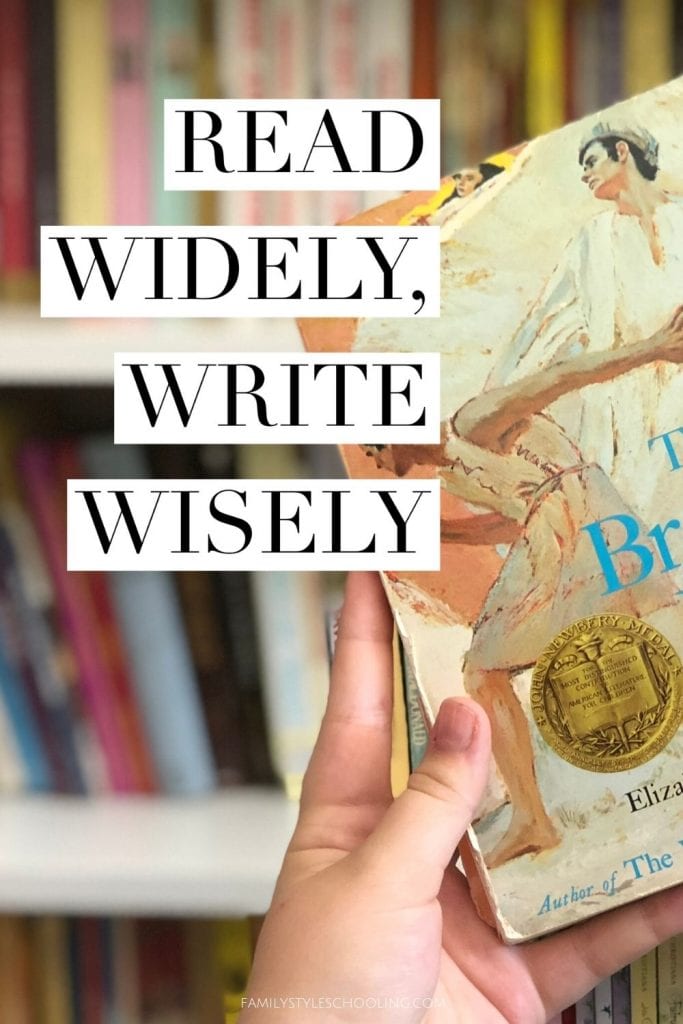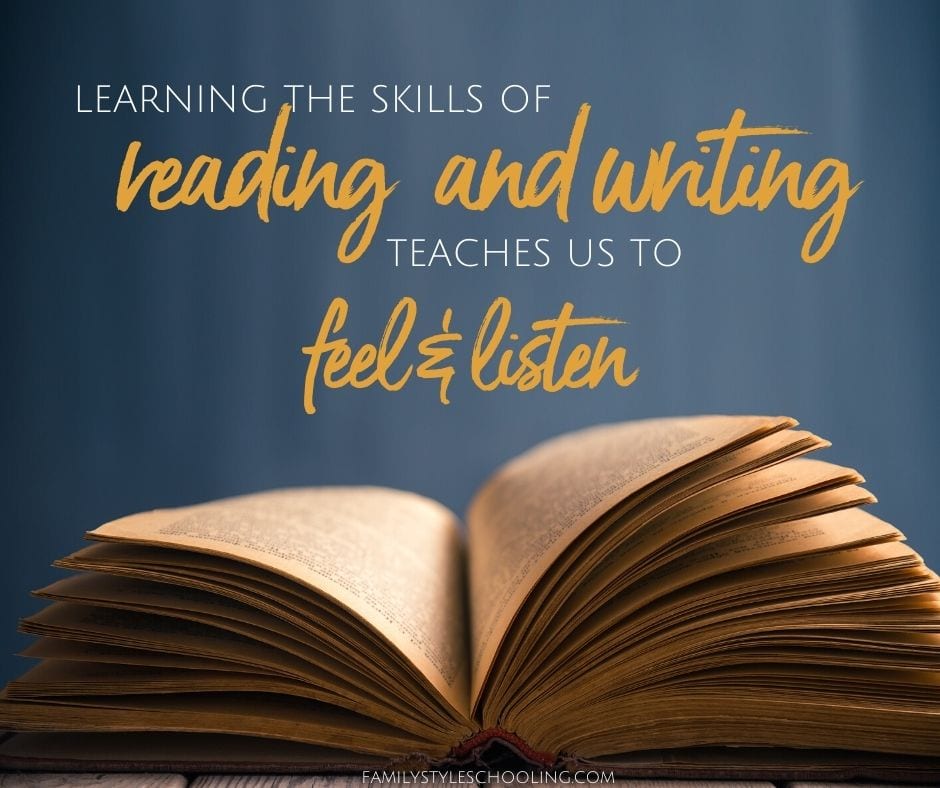Read Widely, Write Wisely
by Andy Strauss
Why do we have to read so many books, and write so many papers in school? - these questions hold high popularity among students and rank nearly as high in importance as “what’s the point of math?”

This last semester, the second semester of my freshman year at Ouachita Baptist, I took a class called “Introduction to Communications.” It was an overview class, and it taught us the history as well as the fundamentals of media types, communication law, and theory. During this class, our professor brought in many guest speakers—experts in their unique field of communications. We heard from journalists, social media managers, and pioneers in augmented reality.
At the end of our time in class, our professor would almost always ask the guest speakers the same question: What advice would you give to students who are interested in a career in communications? It shocked me that nearly all of them gave the same advice. No, they didn’t recommend that I boost my following on twitter, join a club, or become assistant editor of the campus newsletter. Instead, they told us to learn to read and write. Of course, this sounds like frivolous advice, but there are deeper skills behind just simple reading and writing. Learning these two skills teaches us to feel and to listen.

Usually, the benefits of reading are discussed in terms of the level and degree of comprehension. The goal of learning to read is to be able to understand, right? Of course.
Reading teaches you to feel
However, a deeper advantage to reading is to learn to feel. Reading taught me to feel fear with Matt in Sign of the Beaver when his Dad left him alone for months, and also to muster the courage he required to preserve his home for his family. Reading taught me to feel Daniel’s anger in The Bronze Bow, and also the joy at his redemption. Reading taught me to hope with the missionaries of Through Gates of Splendor, to grieve when they were killed by the Indians of Ecuador, and to rejoice in their final conversion through the work of the missionaries’ faithful wives.
In essence, reading teaches the rare and difficult art of compassion. So, we read many books firstly to learn compassion. Mortimer J. Adler also makes an important distinction in his book, How to Read a Book:
A good book can teach you about the world and about yourself. You learn more than how to read better; you also learn more about life. You become wiser. Not just more knowledgeable . . . But wiser, in the sense that you are more deeply aware of the great and enduring truths of human life.
(Adler 340-341)

Reading exposes students like me to the struggles, joys, and confusions of life—the wisdom of life—as well as advice for how to approach these struggles.
Writing teaches you to listen
This is why writing so many papers actually is beneficial. Writing is arguably just as important as reading. One cannot simply inhale books and immediately accept them. You can’t.
Writing does not merely teach us to speak. It also teaches us to listen.
Writing helps me to decide how I would act in situations exposed in the books I read. What would I do if my Dad left me alone for months? Was it right for Daniel to be angry at the Romans? Was it rash for Jim Elliot to bring love to a people who seemed like they would never accept it? Writing teaches us to listen to the steady tune of the waves and the rustle of the trees and wonder what they are saying. It directs us to the wise and guides us towards right thinking.
So, the guest speakers at my college were right. It is extremely important to learn to read and write, but not just for the sake of good journalism. It is also so that we, as constant students, can discover compassion and humility—so we can learn to see others as human. Through learning to read and write, we can easily put this verse into practice: “Whatever is true, whatever is noble, whatever is right, whatever is pure, whatever is lovely, whatever is admirable—if anything is excellent or praiseworthy—think about such things” (Phil. 4:8).
Hi, I’m Andy! I am an Ouachita Baptist University grad who writes stories, teaches languages, and makes music in between. The puzzle and mystery of languages fascinate me and inspire me to dig deeper in my studies. I love to learn and experience God’s creation and share what I have found with others.

